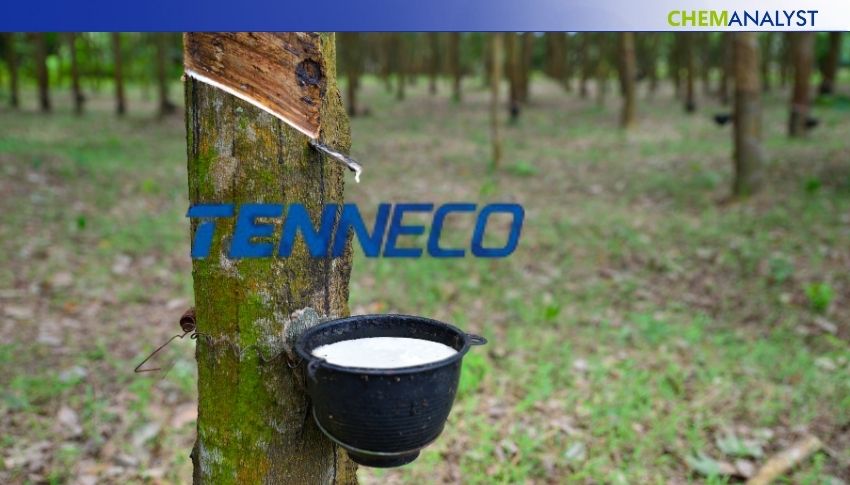Welcome To ChemAnalyst

Tenneco’s Clevite Elastomers has joined the NSF-funded TARDISS project, led by Ohio State University, to explore U.S.-grown alternatives for natural rubber. The initiative aims to reduce dependency on Southeast Asian imports by researching crops like guayule and Russian dandelion, enhancing domestic supply chain security and supporting sustainable manufacturing solutions.
Tenneco’s Clevite Elastomers business, a global leader in supplying components that mitigate noise, vibration, and harshness (NVH) in vehicles and other transportation systems, has joined a major research consortium aimed at establishing a domestic supply of natural rubber in the United States. This initiative, known as the Transformation of American Rubber through Domestic Innovation for Supply Security (TARDISS), is supported by a $26 million, five-year grant from the U.S. National Science Foundation (NSF) and is led by The Ohio State University.
The TARDISS project is designed to reduce American dependence on natural rubber imports, primarily sourced from Southeast Asian countries such as Thailand, Indonesia, and Vietnam. These regions dominate global rubber production, but the conventional plantation-based model poses several challenges, including high transportation costs, the finite lifespan of rubber trees, and their vulnerability to disease and adverse weather conditions.
Clevite Elastomers, which maintains engineering laboratories and manufacturing operations in Ohio, Indiana, Mexico, and China, is a significant consumer of natural rubber. As part of Tenneco’s Performance Solutions division, the company produces a wide range of elastomeric NVH-reduction products for automotive and industrial clients worldwide. By joining the TARDISS consortium, Clevite Elastomers will contribute its expertise in product testing and manufacturing processes to help evaluate the performance of alternative rubber sources in real-world applications.
Cash Mahesh, Executive Vice President and Group President of Tenneco’s Performance Solutions, emphasized the importance of the initiative, stating, “Science can play a leading role in protecting the supply chains that drive U.S. industry. The TARDISS project addresses supply chain resilience by exploring how natural rubber can be domestically produced at scale.”
The project brings together researchers from several prominent institutions, including Case Western Reserve University, Caltech, North Carolina State University, Texas Tech University, UC Merced, and Rensselaer Polytechnic Institute. The primary crops being explored for rubber production are guayule (a desert shrub), Russian dandelion, and mountain gum—all of which have potential to grow in climates suitable for U.S. agriculture.
John Kinnick, Vice President and General Manager of Clevite Elastomers, expressed pride in collaborating with this multidisciplinary team. “It’s an honor to partner with such respected institutions on a project that could revolutionize the natural rubber supply chain and enhance security for countless industries and consumers through reliable, domestically sourced materials,” he said.
Clevite Elastomers will play a key role in testing and validating the use of these alternative natural rubber sources in finished NVH-reduction components, supporting the overall goal of creating a stable, homegrown rubber supply.
We use cookies to deliver the best possible experience on our website. To learn more, visit our Privacy Policy. By continuing to use this site or by closing this box, you consent to our use of cookies. More info.
